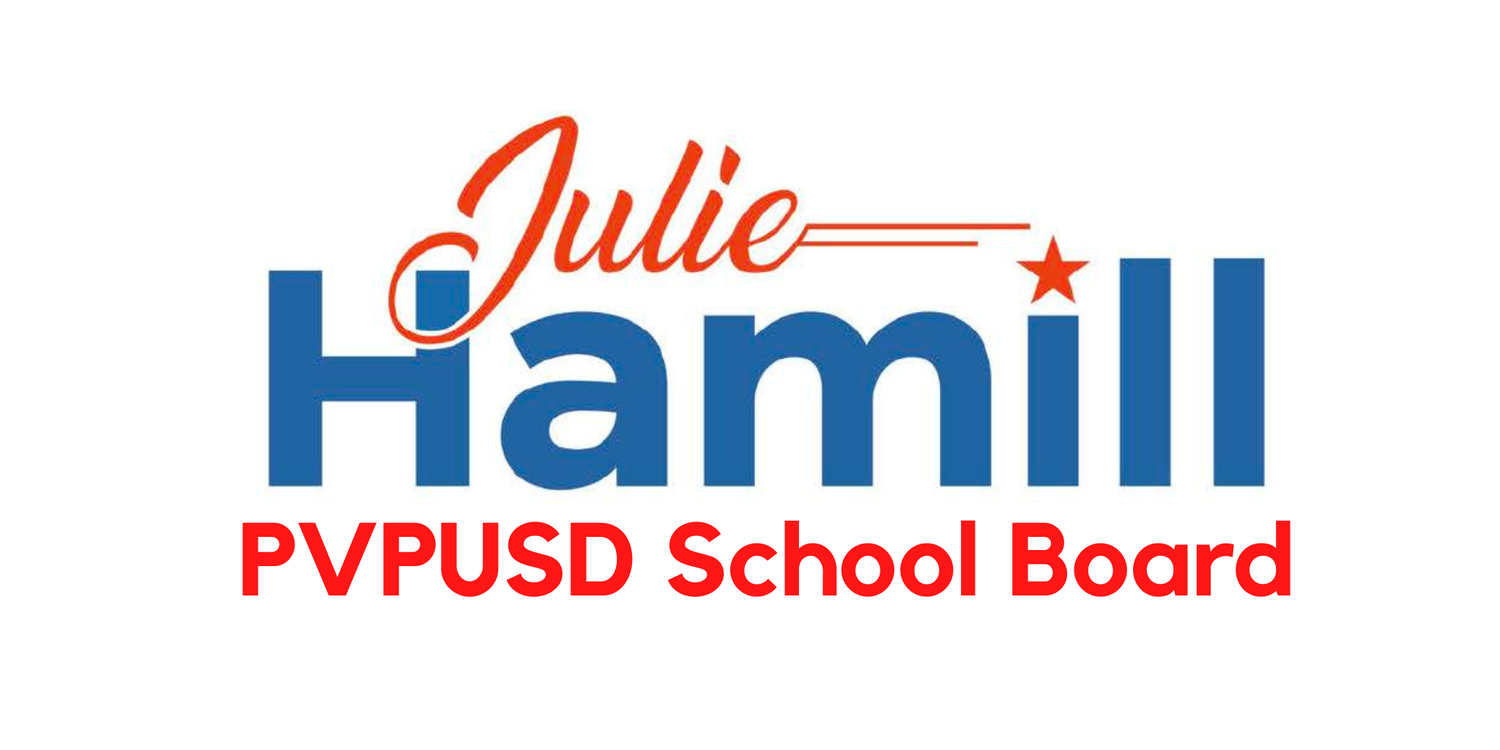Free Speech & Antisemitism
I want to clarify a point that I attempted to make during our last board meeting. My comments begin at 4:55:31. We were discussing Item K2, amendment of Board Policy 6145.3 (Publications) and Board Policy and Administrative Regulation 5145.2 (Freedom of Speech/Expression). The district is amending these sections to address concerns that arose in connection with an antisemitic article in last year’s PVHS yearbook.
Let me be clear as to why I am writing this. My attempts to have this discussion in public have been shut down repeatedly in closed and open session, and I have no reason to believe the district will engage in a public discussion of anything I am about to say. The compartmentalization of the issues now into specific policy revisions does not lend itself to discussion and actual resolution of the broader issues.
My first concern, as I stated, is that the proposed changes will not prevent the yearbook scenario from happening again.
My second concern is that we are falling all over ourselves to ensure we are protecting free speech by refraining from specifically naming the problem, but it appears we’re only doing so because the impacted group is Jewish. When other minority groups are harmed by speech, however, the district has historically been quick to act, condemn and educate.
Free speech is the bedrock of a free society. Student speech is protected by the First Amendment in school, and regulation of student speech (in public high schools) is generally permissible only when the school reasonably fears that the speech will substantially disrupt or interfere with the operation of the school or the rights of other students. (See Tinker v. Des Moines Independent Community School District, and this from FIRE).
Board policy 5145.3 specifically carves out unique protections for one—and only one—specific minority group. The way I read our policies, a student who publishes an article in the yearbook about the lifelong harms experienced by a child who underwent pediatric sex change procedures would violate board policy, but a student who recites talking points from a designated foreign terrorist organization in the yearbook can pass it off as inquiry into a complex global conflict—and protected free speech. This is intellectually, morally, and legally inconsistent.
It is my opinion that calling out specific groups and language as punishable unprotected speech in district policies, while failing to do the same for other groups, creates an entirely separate set of constitutional and statutory violations.
Further, every student should feel safe and be protected from harassment at school. At the same time, the government (the school district here) cannot compel people to say things they do not believe. (See 303 Creative v. Elenis).
Either way, if our policies can compel speech without offending the First Amendment (and I don’t think they can), then our policies can surely define antisemitism.
As always, this is just one lady’s opinion. I don’t speak for the board and no one else speaks for me.

